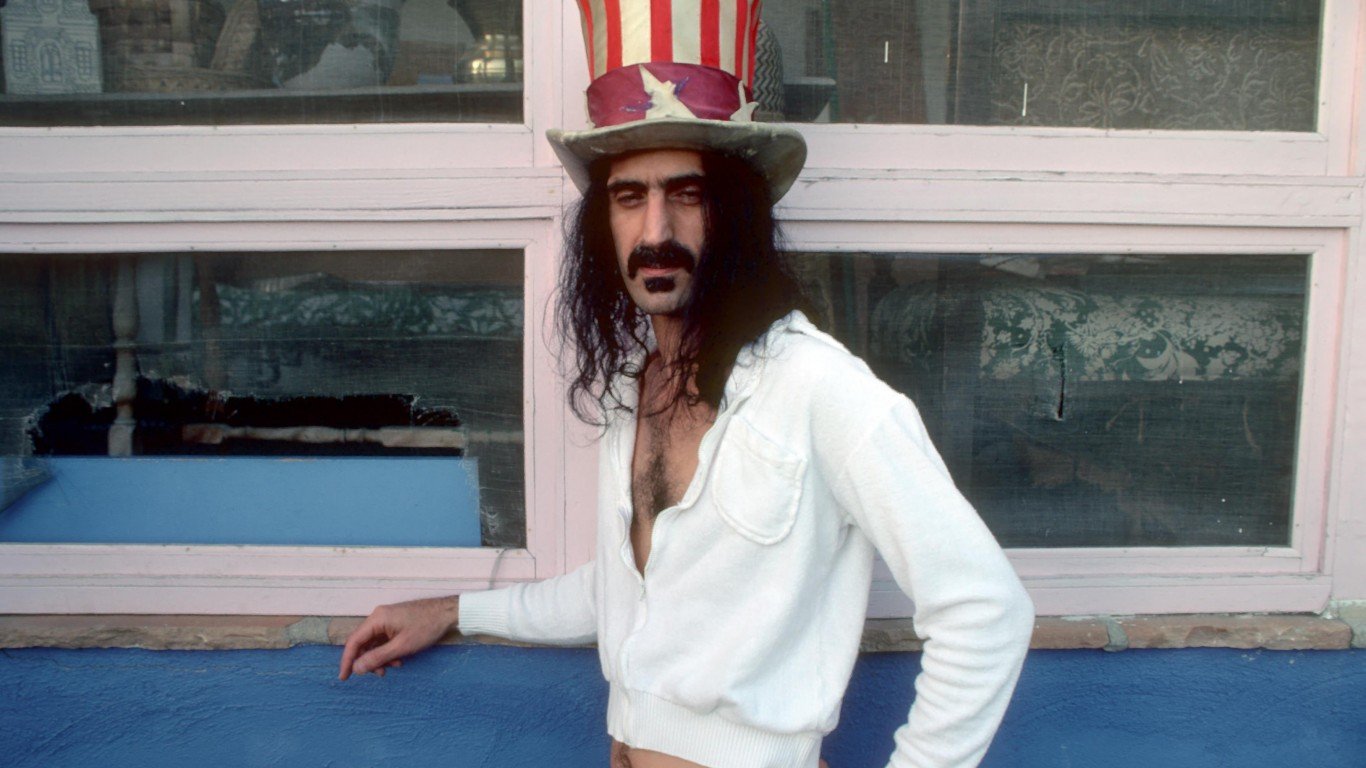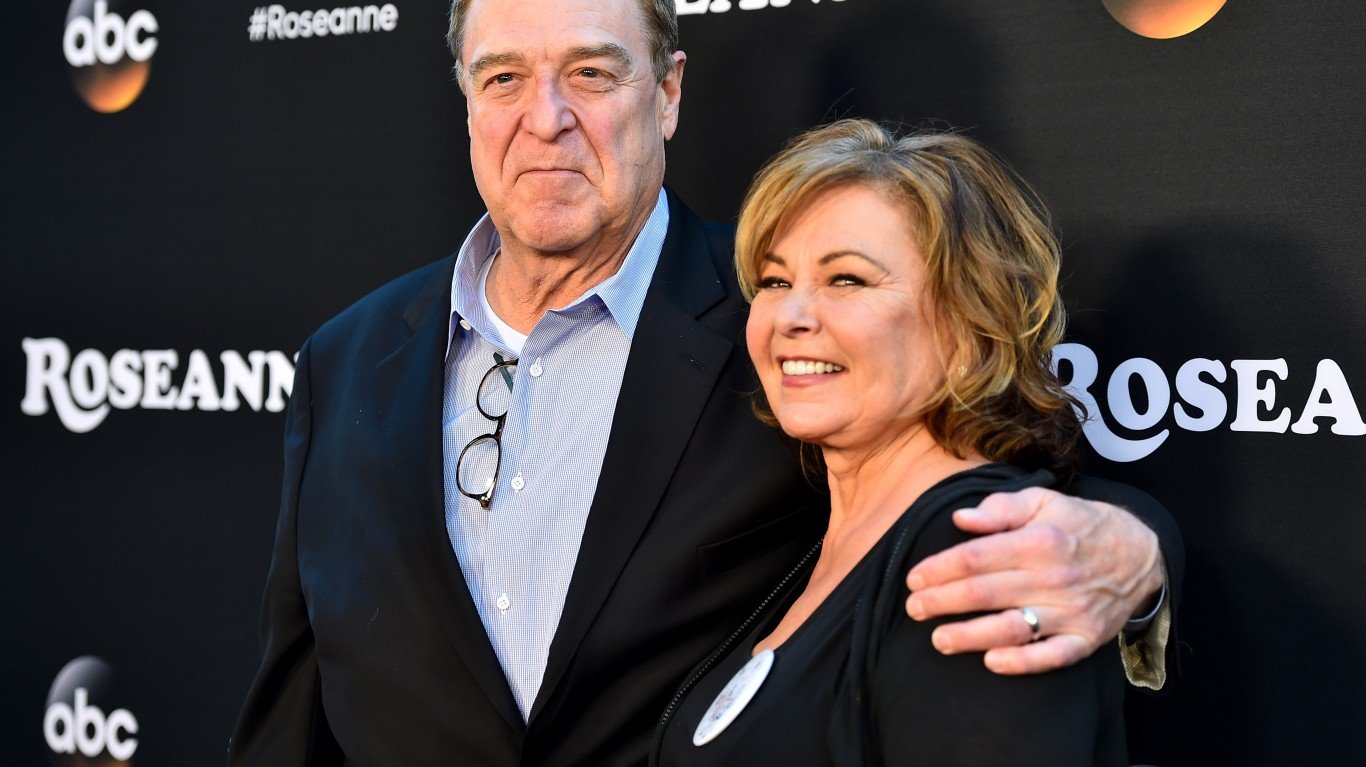 In a subcommittee hearing today at the U.S. House of Representatives, Joe Kennedy, CEO of Pandora Media Inc. (NYSE: P) will testify in support of the Internet Radio Fairness Act, which has been introduced by a bi-partisan group of representatives to equalize the royalty payments among various types of music broadcasters. Under current law, Pandora says it pays more than 50% of its revenues in music royalties, compared with just 7.5% of revenues paid by Sirius XM Radio Inc. (NASDAQ: SIRI) and other satellite radio broadcasters and 15% of revenues paid by cable broadcasters.
In a subcommittee hearing today at the U.S. House of Representatives, Joe Kennedy, CEO of Pandora Media Inc. (NYSE: P) will testify in support of the Internet Radio Fairness Act, which has been introduced by a bi-partisan group of representatives to equalize the royalty payments among various types of music broadcasters. Under current law, Pandora says it pays more than 50% of its revenues in music royalties, compared with just 7.5% of revenues paid by Sirius XM Radio Inc. (NASDAQ: SIRI) and other satellite radio broadcasters and 15% of revenues paid by cable broadcasters.
The turmoil in the music industry over piracy in the days before the big players reached licensing agreements with new technology continues to color the deals that the music makers are willing to make with streaming music companies like Pandora and Spotify. The per play rates for streaming are about $0.001, far less than the $0.70 or so paid when a song is purchased from the music stores at Apple Inc. (NASDAQ: AAPL) or Amazon.com Inc. (NASDAQ: AMZN).
Pandora essentially wants to cut that already small payment by more than half, arguing for basic fairness:
There are enormous differences in how performing artists and labels are compensated by digital radio services. This lack of a level playing field is fundamentally unfair and indefensible. The inequity arises from the fact that Congress has made decisions about radio and copyright law in a piecemeal and isolated manner; as each new form of radio transmission was invented, new legislation was passed but only to address the new form. The effect has been to penalize innovation when setting the rules for music royalties. The current ratesetting structure is a clear case of discrimination against the Internet and innovative services.
At the Pandora blog, a musician supports the company’s position:
[I]n the first twelve months of being included in Pandora’s music library, our digital album sales increased by 290% from the year prior. In the subsequent 12 months, sales rose 406% from our pre-Pandora days. … Internet radio creates an unparalleled opportunity for us to reach millions of people who otherwise might not discover music like ours. On a larger scale, internet radio helps listeners discover new artists, enriching the musical landscape of our country.
Established musicians, the big record labels, and music rights organizations disagree, arguing that Pandora should not pay less, but that the others should pay more. These groups argue that Pandora has chosen to build its audience by keeping its advertising and subscription fees low, and there is no reason for musicians to subsidize Pandora’s business decisions.
The U.S. Copyright Royalty Board begins deliberating changes to the copyright payments in 2014 for implementation in 2016, so today’s hearing is just an early skirmish in what promises to be a drawn-out struggle.
Kennedy’s testimony is available here and links to testimony from other witnesses are available here.
Paul Ausick
Sponsored: Want to Retire Early? Here’s a Great First Step
Want retirement to come a few years earlier than you’d planned? Or are you ready to retire now, but want an extra set of eyes on your finances?
Now you can speak with up to 3 financial experts in your area for FREE. By simply clicking here you can begin to match with financial professionals who can help you build your plan to retire early. And the best part? The first conversation with them is free.
Click here to match with up to 3 financial pros who would be excited to help you make financial decisions.
Thank you for reading! Have some feedback for us?
Contact the 24/7 Wall St. editorial team.



